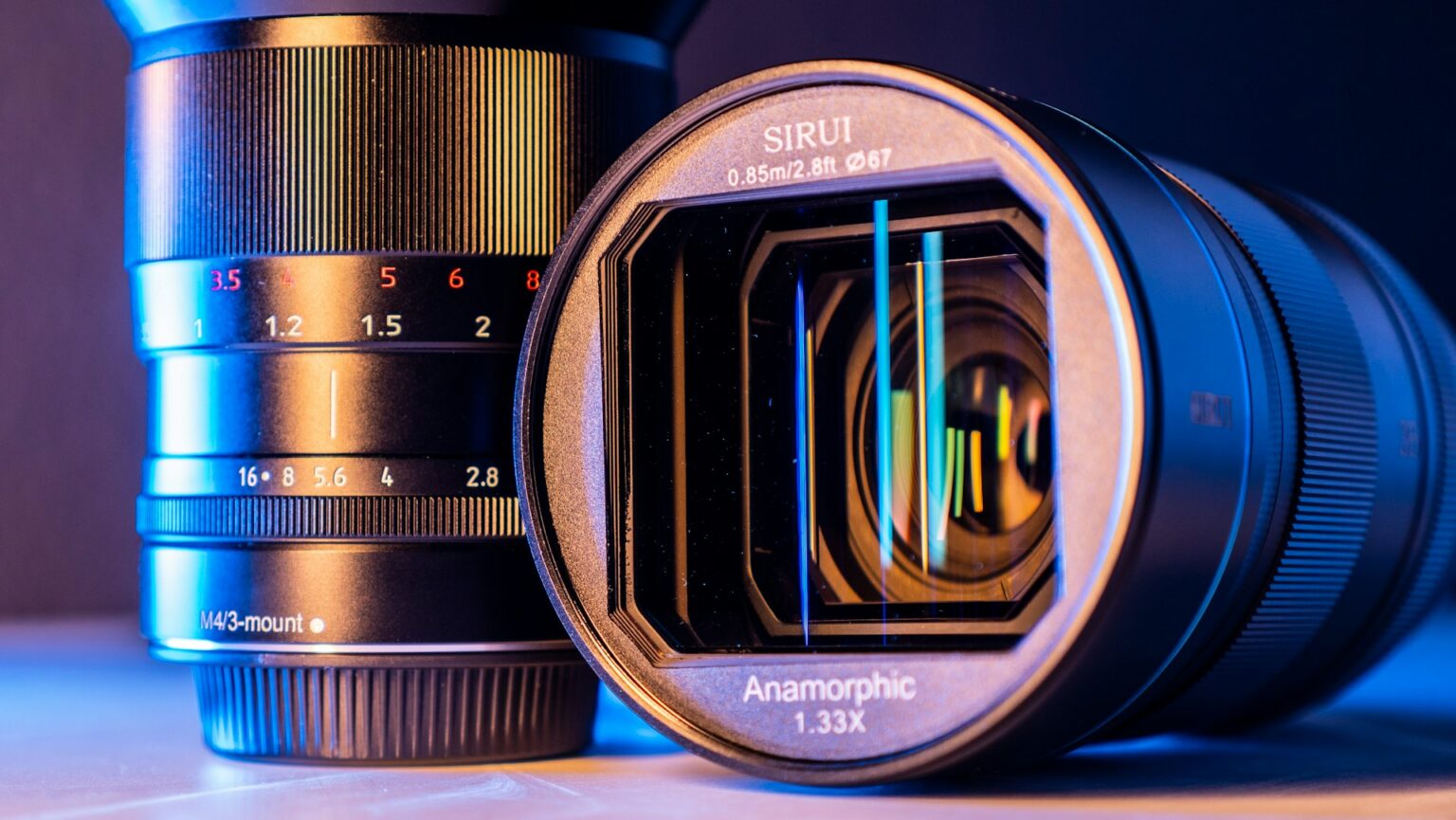When it comes to digital cameras, one of the critical components that significantly influences image quality is the camera sensor. Camera sensor size plays a vital role in determining factors such as image resolution, low-light performance, dynamic range, and depth of field. In this blog post, we will explore camera sensor sizes and delve into how they impact your photography, helping you make informed decisions when choosing the right camera for your needs.
Sensor Size Explained
Camera sensors come in various sizes, typically ranging from smaller sensors found in compact cameras and smartphones to larger sensors in mirrorless and DSLR cameras. The sensor size refers to the physical dimensions of the sensor, usually measured in millimeters. Common sensor sizes include full-frame (35mm), APS-C, Micro Four Thirds, 1-inch, and smaller sizes.
Image Quality and Resolution
Larger camera sensors generally yield higher image quality and resolution. With a larger surface area, they can capture more light, resulting in improved dynamic range, better color reproduction, and reduced noise levels. Full-frame sensors, in particular, are renowned for their exceptional image quality and high-resolution capabilities, making them a top choice for professional photographers.
Low-Light Performance
The size of the camera sensor plays a crucial role in low-light performance. Larger sensors have larger photosites, which can gather more light, leading to better image quality in low-light conditions. As a result, cameras with larger sensors tend to perform admirably in challenging lighting situations, allowing for cleaner and less noisy images.
Depth of Field Control
Sensor size has a direct impact on depth of field (DOF) control. Depth of field refers to the range of sharpness in an image, from the foreground to the background. Cameras with larger sensors, such as full-frame or APS-C, provide shallower depth of field, allowing for greater subject isolation and background blur. This is particularly advantageous in portrait and macro photography, where achieving a creamy bokeh effect is desirable.
Crop Factor and Lens Equivalency
When comparing different camera sensor sizes, it is essential to understand the concept of crop factor. Crop factor refers to the effective focal length multiplier when using lenses designed for a specific sensor size. Smaller sensor sizes have a higher crop factor, resulting in a narrower field of view compared to the equivalent focal length on a full-frame sensor. This affects the angle of view and the apparent magnification of the subject. Understanding lens equivalency helps in selecting lenses suitable for your desired field of view and shooting style.
Portability and Camera System
Camera sensor sizes also impact the overall size and weight of the camera system. Smaller sensors are commonly found in compact cameras and mirrorless cameras, resulting in more compact and lightweight camera bodies and lenses. This makes them highly portable and convenient for travel or street photography. On the other hand, larger sensors, such as full-frame, generally require larger camera bodies and lenses, providing a robust and ergonomic shooting experience.
Camera sensor size is a crucial factor to consider when choosing a camera for your photography needs. Larger sensors offer advantages in terms of image quality, low-light performance, and depth of field control. However, smaller sensors found in compact cameras and mirrorless systems provide portability and convenience. Understanding the impact of sensor size on image quality, lens equivalency, and overall camera system size can help you make an informed decision based on your shooting preferences and requirements.
Ultimately, the best camera for you is one that aligns with your artistic vision and allows you to capture the moments that matter to you. Consider your photography goals, the type of subjects you shoot, and your budget to find the perfect balance between sensor size, features, and usability.
